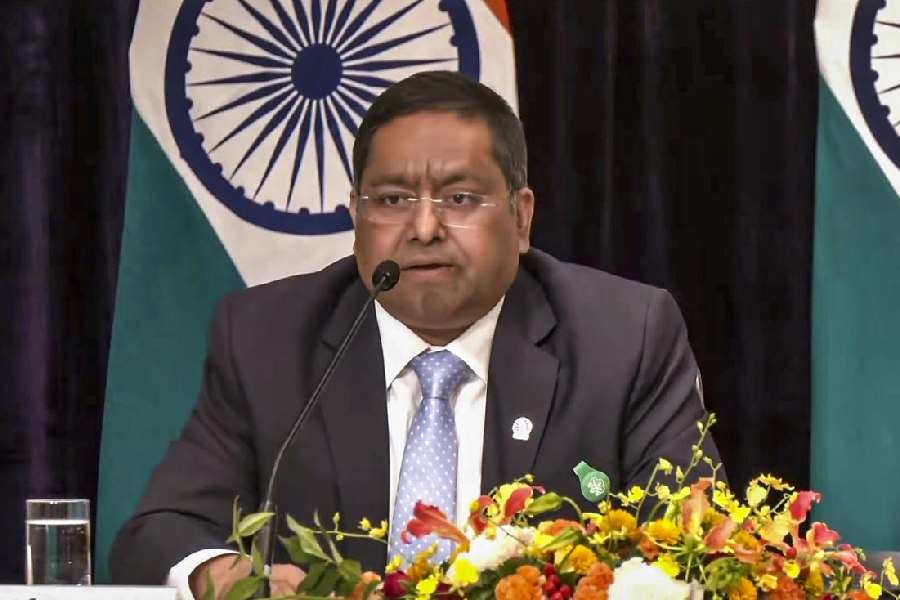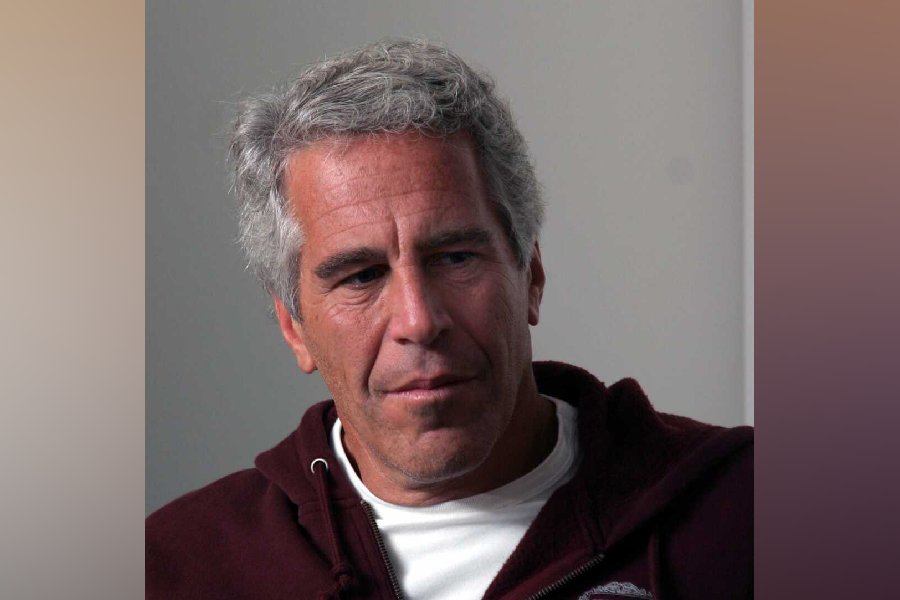Two engineering students from Jadavpur University are part of a team of six that won an online hackathon on Solutions of COVID-19, organised by the Center of Emerging and Neglected Diseases (CEND) at the University of California Berkeley.
Annesya Banerjee and Achal Nilhani are both third-year students in the department of electronics and telecommunication engineering.
The duo helped design a low-cost ventilator. “The main design and technical aspects were the outcome of our efforts. The others worked on the future opportunities and implementation of the proposal and preparing the presentation,” Annesya, a former student of Patha Bhavan and a resident of Howrah, told The Telegraph.
Achal pegged the cost of the ventilator at $300 ( Rs 21,600). “The price of the ventilators used in ICUs vary between Rs 5 lakh and Rs 10 lakh ($8,000 to $15,000). But in a pandemic, easy availability of ventilators is crucial. High prices are a hindrance. Therefore, we thought of this,” said Achal, who is from Patna in Bihar. “We have not compromised on quality. Our design includes the essential features that current mass-produced ventilators lack.”
The other members of the team are Eric Bennett, founder of Frontier Bio, a company that makes an advanced 3D bioprinters; Winnie Liang, COO, Neptune Fluid System, a scientific hardware start-up; Michael Salisbury, environmental scientist; and Jonathan Budzik, visiting scholar, Cox Laboratory Adjunct Assistant Professor, UCSF Department of Medicine, Division of Pulmonary & Critical Care Medicine.
The composition of the team was decided by the organisers based on the preferred area of research, Annesya said.
The duo came to know about the event from the Internet. CEND hosted the hackathon on March 25.
“In the US, multiple hackathons are being hosted to invite solutions to the raging pandemic,” said JU vice-chancellor Suranjan Das.
Eighty-four participants from around the world — from Berkeley to New York City to France and India — logged on to a Zoom call to participate in the hackathon.
Fourteen proposals were submitted and two teams, including the one with the JU students, were chosen based on feasibility and potential for immediate impact.
Each winning team will receive $1,000 from the Chan Zuckerberg Biohub, the event co-sponsor, to invest in pursuing their designs. “They will also be coached by the CITRIS FOUNDRY, an incubator and entrepreneurial resource hub that assists local researchers in transitioning their ideas from the lab to the real world,” said Das.
Palaniandavar Venkateswaran, a professor of electronics and telecommunication engineering at JU, said: “The design can be crucial in the context of India that is also battling the pandemic.”










